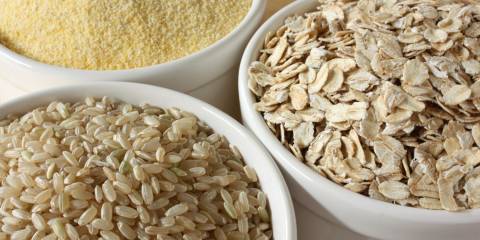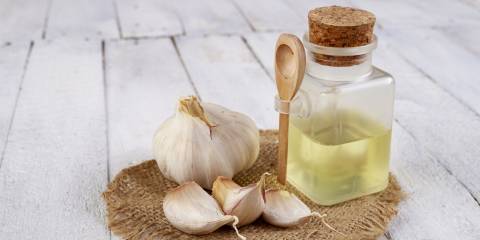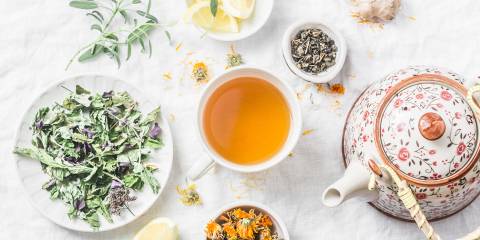Here are the quick facts on aromatherapy.
Aromatherapy uses diluted essential oils and other plant extracts for inhalation (with a diffuser or steam) or skin application (with a carrier oil) to promote physical and emotional health and well-being.
Please see the bottom of this page to see the scientific research.
Possible Health Benefits
- Depression relief
- Reducing anxiety
- Relieving pain in some conditions
- Improving sleep
- Soothing headaches
- Alleviating nausea
- Relief of chemotherapy side effects
- Helping with palliative care
- Relieving allergy symptoms
Popular Essential Oils
-
Eucalyptus
Eucalyptus, according to research, clears airways and works against respiratory infections.
-
Ginger
Ginger found effective for relieving nausea.
-
Lavender
Lavender often used for relaxation and stress relief.
-
Lemon
Lemon is popular for its mood-enhancing effects.
-
Patchouli
Patchouli oil in studies has shown anti-inflammatory and pain-relief effects.
-
Peppermint
Peppermint may relieve tension headaches.
-
Roman Chamomile
Roman chamomile, used topically, may reduce pain of arthritis. Inhalation uses include relaxation and promoting sleep.
-
Rose Oil
Rose essential oil, via inhalation, relieved pain in a post-surgical study; another study showed relief of menstrual cramps when used in a massage oil.
-
Rosemary
Rosemary supports concentration and memory while relieving stress.
-
Ylang Ylang
Ylang ylang, research shows, lowers blood pressure, elevates mood, and helps with anxiety and depression.
How to Use
- In a diffuser made specifically for aromatherapy, following manufacturer’s directions.
- Add a few drops of essential oil to massage oil or lotion.
- In bath salts.
- Breathe the steam from a bowl of hot water to which you’ve added drops of essential oil.
Precautions
- Do not use internally.
- Keep out of reach of children and household pets.
- Do not use full-strength essential oils on the skin. Always dilute in a carrier oil, and do a patch test on skin before use.
- Avoid contact with eyes.
- Monitor for side effects such as allergic reactions and irritated skin.
- People with certain health issues, including asthma, epilepsy, high blood pressure, and skin conditions, should exercise caution and consult with a health professional before using.


